More than 6.5 million Canadians do not have access to a regular family doctor. This gap can lead to delayed or undiagnosed medical conditions. It can also increase the risk patients face from another growing health problem — the spread of misinformation.
During the pandemic, dangerous myths circulated online ranging from the idea that drinking bleach will kill COVID-19 to claims that vaccines were unsafe. False or inaccurate information (intentional and otherwise) about subjects from breast cancer screening to the Measles continue to be rampant.
As a family physician, I see firsthand how access to primary care helps patients “filter the noise.” I can feel their anguish as they struggle to make sense of conflicting information and I’ve witnessed how confusion can lead to inaction in the face of significant health issues.
Everyone benefits from a trusted source to navigate the huge amounts of health misinformation online. According to the CMA’s new health and media annual tracking survey, physicians are the most trusted source to provide Canadians with credible information.
Primary care physicians, in particular, have the chance to build long-term, one-to-one relationships with patients and their families. We provide opportunities for people to express their fears and make informed decisions relevant to their particular circumstances. We are the front door for health care issues from birth to death and often serve as navigators for the rest of the health system.
We saw the positive impact of trusted sources in the early days of the COVID-19 vaccine campaign. People were much more likely to proceed with the vaccine if they could discuss it with their primary care provider. But the lack of access to face-to-face health care accelerated through the pandemic. Many people felt alone with their individual health care choices in a way they had not experienced previously.
Trust and health (mis)information in Canada
The CMA commissioned Abacus Data for a survey with 2,500 Canadian adults (including an oversample of Gen Z respondents) from Sept. 19-26, 2023. Some highlights:
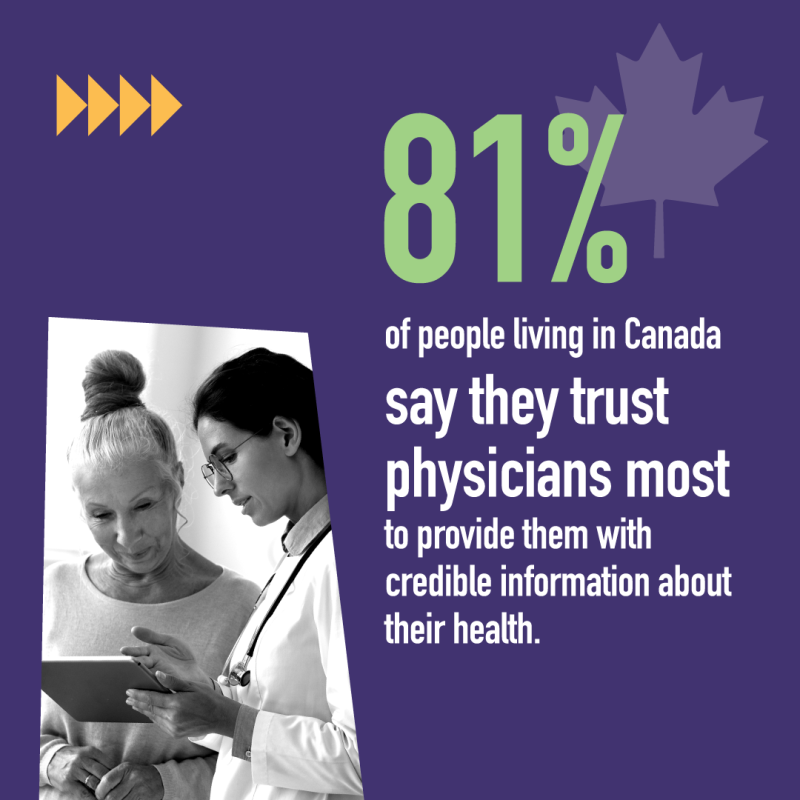
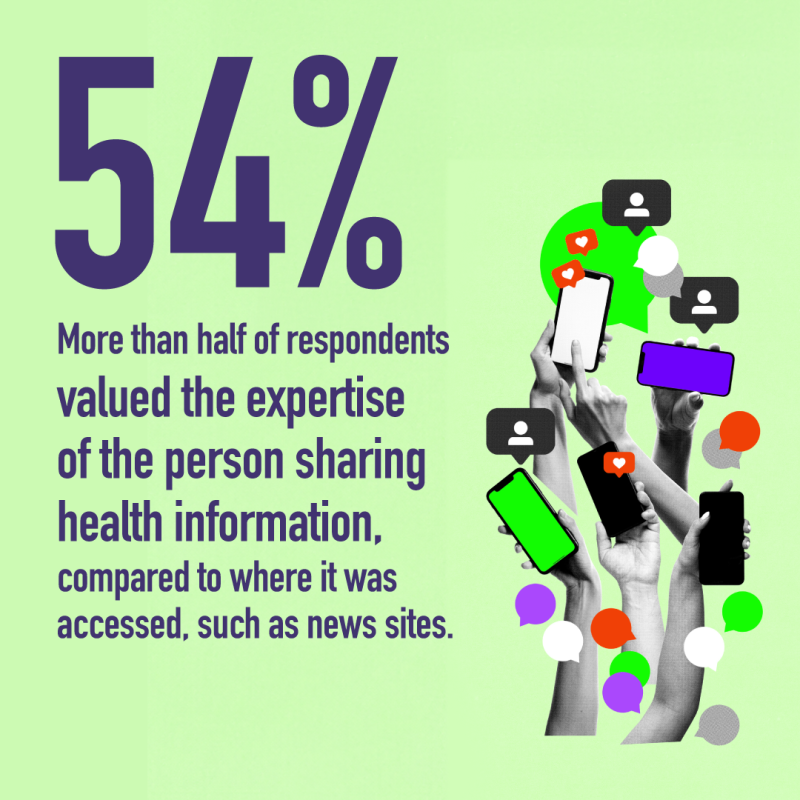
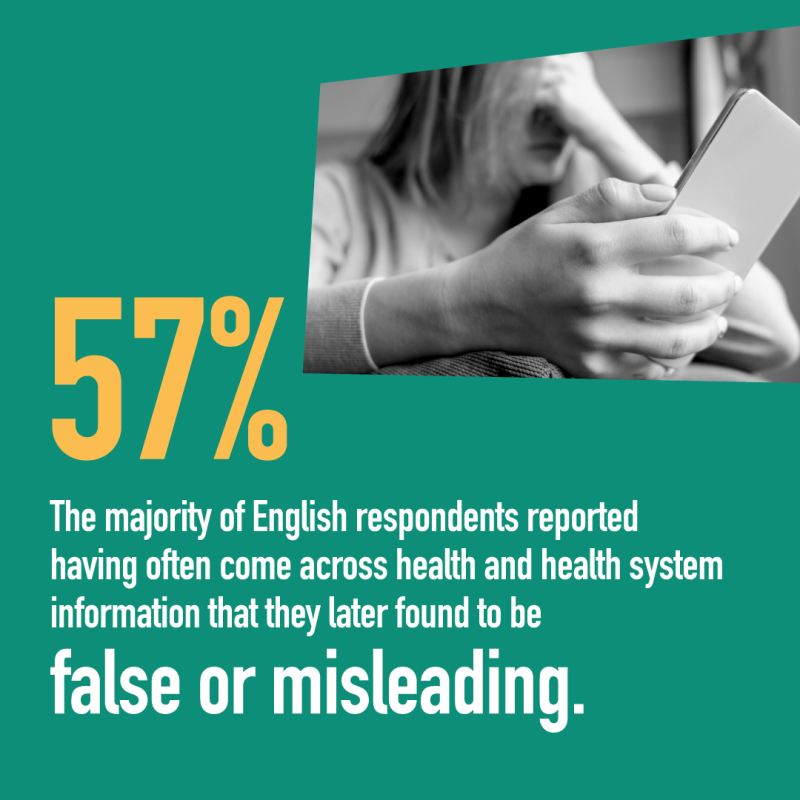
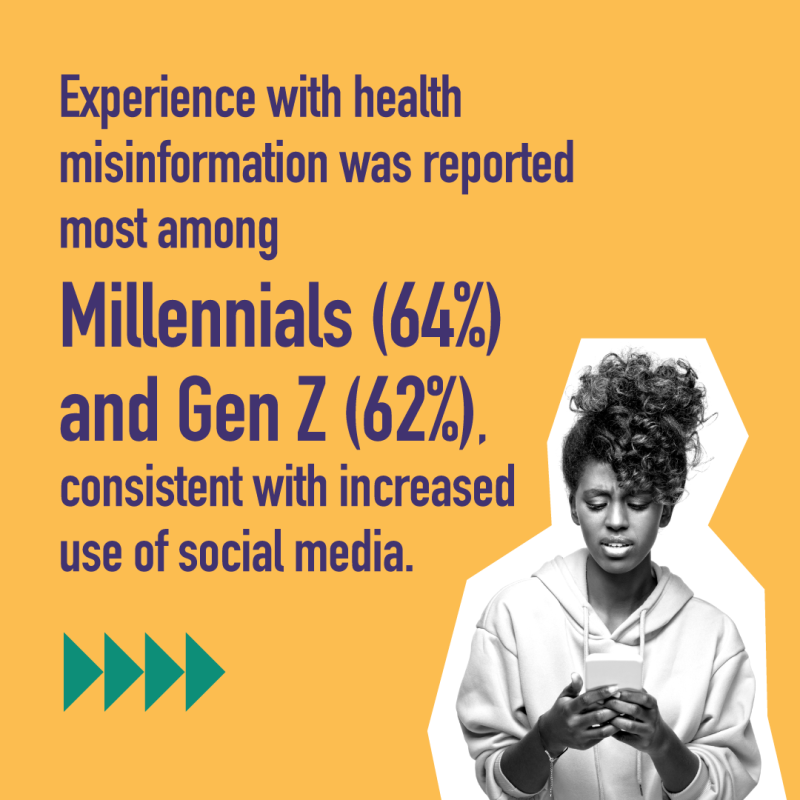
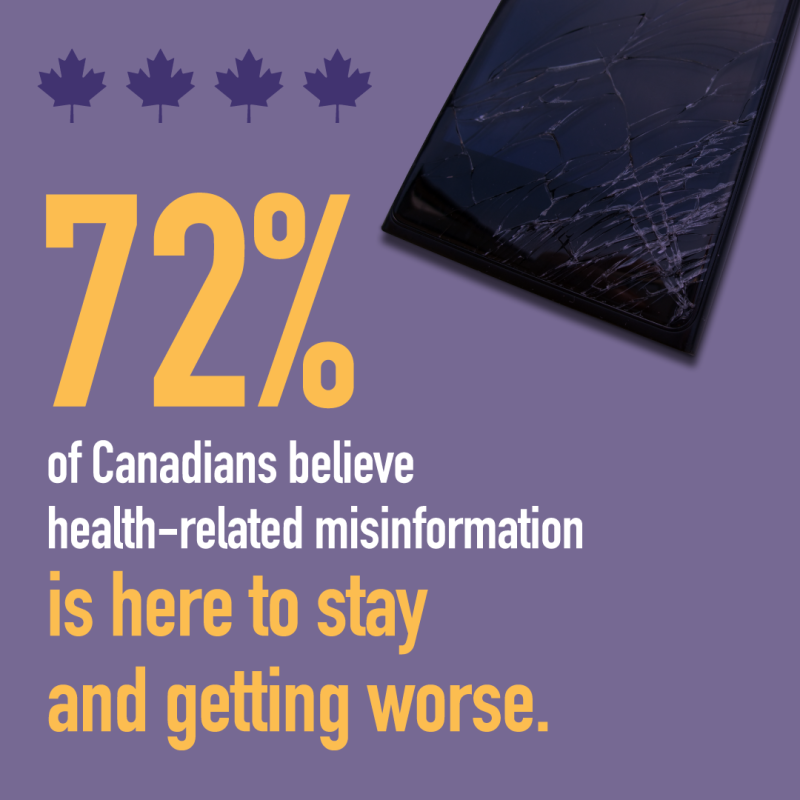
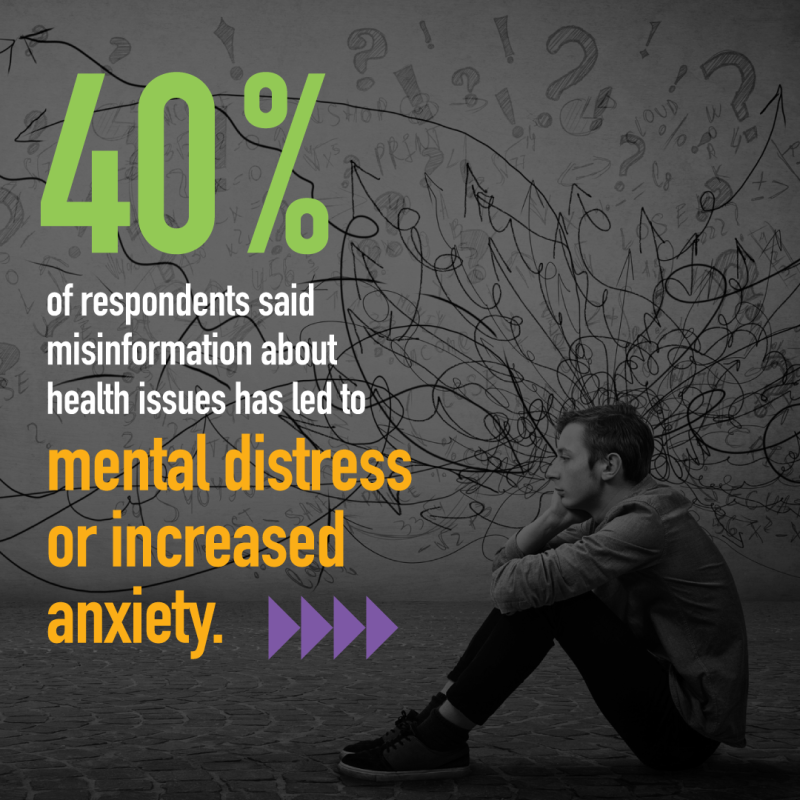
One of the challenges in the fight against misinformation is that there can be a toll on patient-doctor relationships.
In the CMA’s health and media survey, 40% of respondents said misinformation about health issues has led to mental distress or increased anxiety; 38% said it decreased their trust in health professionals; 31% said they had difficulty discussing health issues with providers.
As practitioners, it is essential that we respond with empathy and compassion when patients present with questions based on misinformation or disinformation.
The beautiful part of being a family physician is that conversations are not just one-off. We provide space to plant a seed, share evidence-based information, direct people to accurate resources and bring them back for a follow up discussion to optimize their care. The opportunity for two-way dialogue empowers patients.
We can and should support trusted medical sources of information, places where individuals can access vetted and reliable resources when they don’t have access to primary care.
The CMA is supporting a network of passionate medical advocates and experts who share credible health system news and information directly with Canadians. In 2022, the CMA partnered with The Canadian Press to strengthen health journalism in Canada — funding three new reporting positions for a period of three years. The CMA will also continue annual health and media tracking surveys.
To increase access to primary care, the CMA has been calling for urgent action from all levels of government, including scaling up team-based care.
Everyone deserves access to accurate, evidence-based health information. A robust primary care system helps patients weed out fact from fiction, build trusting relationships with providers, and ultimately live healthier lives.
Dr. Kathleen Ross is a family physician in Coquitlam and New Westminster, BC, and the president of the Canadian Medical Association
This op-ed was originally published in Healthy Debate.
